Regardless of the limitation of drilling, the artesian well is an object of subsoil use, and it is necessary to obtain a license for the extraction of groundwater.
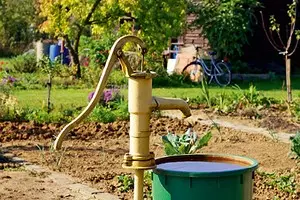
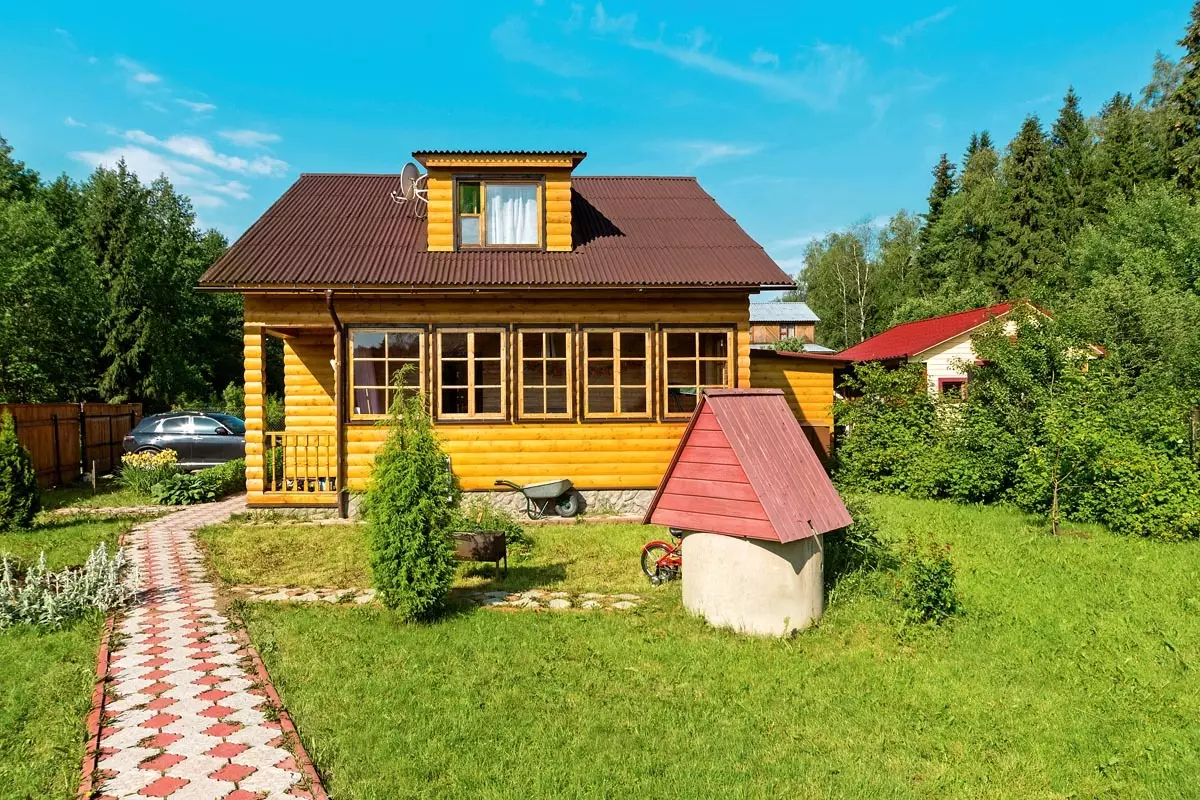
Photo: shutterstock / fotodom.ru
The tightening of the rules related to the licensing of artesian wells is necessary not only in order to ensure the influx of landowners in the budget, which require water supply, and above all for the rational use of the most important natural resource - water.
Until September 2016 in the Moscow region operated the tax rate of the so-called water amnesty, declared by the Regional Ministry of Ecology. Despite the fact that the mandatory licensing of wells (artesian) in Russian legislation was enshrined in 1992, the procedure for monitoring the number of well-drilled wells, the procedure for their use and quality of the obtained water was not fixed. The problem is that wellholders do not know that the drilling of the well and the production of water from it is one of the types of subsoil use to which the relevant license should be obtained.
In the absence of proper control, water reserves will be rapidly exhausted, and the available sources are polluted. For this reason, checks started to identify violators. First of all, the regulatory authorities will come to legal entities (including in garden partnerships), and will then take on the inspection of private owners. Artesians are subject to licensing (in garden partnerships they are them) and industrial wells. At the same time, with the initial detection of violations, the well owner will be announced a warning (owners who managed to submit documents to licensing before September 1, did not even threatened a fine). If after the warning the owner will not take measures to get the necessary documents, it is waiting for it.
Citizens will have to pay to the state treasury from 3 to 5 thousand rubles; Officials - 30-50 thousand rubles; The penalty for legal entities is from 800 thousand to 1 million rubles. The payment of the fine does not exempt from the obligation to eliminate the violation, which is enshrined in Art. 49 FZ "On subsoil". Thus, after payment of the fine, the owner of the well is still required to carry out work on obtaining a license to her or eliminate the source of water supply.
Obtaining a license for subsoil use
Before you contact the license for subsoil use, it is necessary to carry out a whole complex of geological exploration. They are held on the basis of a project to the geological study of the subsoil site, which is undergoing a mandatory state examination. The main task of geological exploration is to ensure the safe operation of the newly drilled or long-standing well without a threat to those water intakes that are located next door. In addition, when conducting geological exploration, it will be checked whether the well provide the amount of water required by the required user.
A license for geological study and license for the extraction of groundwater is always sequentially obtained. Obtaining a license for the extraction of groundwater is possible only after the conditions for the use of subsoils prescribed under the license for geological study. Subsoil use license is drawn up on the branded form of an approved sample. In the text of the document, they indicate to whom, for which types of use of subsoils and for what time permission is issued. An important part of the license is applications where the requirements are defined, the execution of the subsoil user and the timing of their implementation.
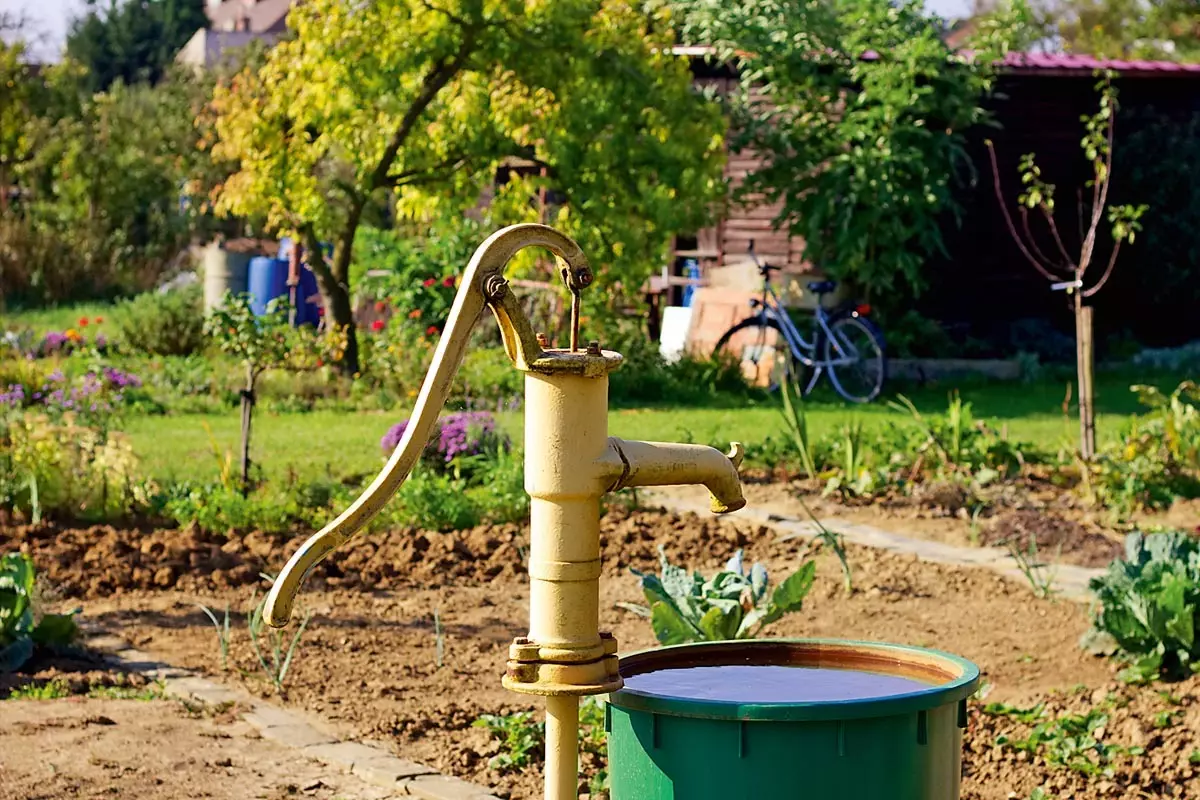
Photo: shutterstock / fotodom.ru
When the subsoil use license is not needed
Receive a license for subsoil use, allowing swing water, not always. Owners of country houses and summer cottages need to be known that the license is not needed if the personal source of water supply is responsible at once with three conditions: the volume of the recoverable water does not exceed 100 m³ per day; Water is mined above aquifer, which is a source of central water supply; Water is used only for their own needs, and not for the implementation of entrepreneurial activities.To check which aquifer uses your water source, it is necessary to submit to the territorial Fund of Geological Information (FGI) Application with the area of the area map 1: 10 000 with the designation of your site on it. The map can be ordered in the local administration. Specialists of the regional department of FGI are engaged in the study of soils and aquifers. FGHA's written response is the most accurate expert opinion that confirms the need (or prove its absence) of the license of Rosprirodnadzor.
Geological study of the plot of subsoil
With any volume of water consumption for the legitimate use of the artesian well (both the newly created and has long been drilled), it is necessary to carry out the following set of measures to geological study of the subsoil site for searches and evaluating groundwater.
1. Get a license for the use of subsoils to geological study of the subsoil site and estimating groundwater reserves.
2. To register work on the geological study of the subsoil site in the State Register of Works on Geological Study of North.
3. Contact specialists: to develop projects of geological study of the subsoil area, with the subsequent submission of the project to the state expertise and the organization of the sanitary protection zone of underground water intake, followed by coordination in the supervisory authorities; To carry out work on the assessment of groundwater reserves, followed by submission of materials for the estimation of groundwater reserves for examination. Specialists-hydrogeologists will perform the following work:
- analysis of stock materials according to the geological and hydrogeological environment in the water intake area;
- hydrogeecological examination of the territory;
- Drilling of exploration wells; Geophysical studies;
- pilot filtration work;
- hydrogeochemical studies;
- Analysis of the experience of the operation of neighboring water intorations.
4. Transfer materials of the reserves of groundwater in the regional division of Rosgeolfond and the territorial Fund of Geological Information.
5. Wait for the consideration of materials and by the results of obtaining or not there is a license for the use of subsoils in order to mining groundwater in cases where consumption is more than 100 m³ per day. With a smaller stated volume of water consumption, it is necessary to complete the coordination of the report in local executive bodies. If the water intake is designed for more daily consumption, it will be necessary to undergo a state examination of groundwater supplies.
In addition, in this case, we need a technical project for the development of the groundwater deposit (technical project of water intake). If water is used for drinking or household water supply purposes, it is necessary to: develop a draft area of sanitary protection of the source of drinking water supply; To obtain sanitary and epidemiological conclusions to the project of the source sanitary protection zones in the authorities of Rospotrebnadzor and on the compliance of the water facility by the sanitary rules and the conditions for the health of the population of the use of a water facility.
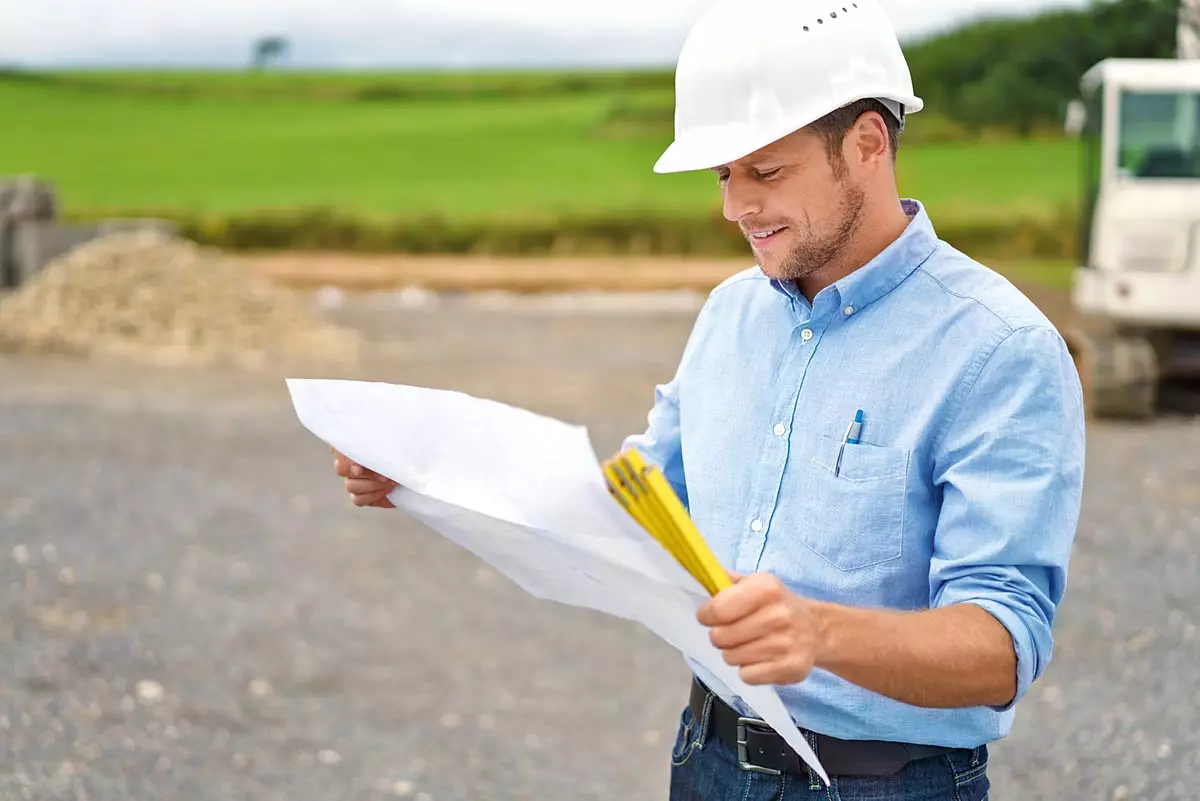
Photo: shutterstock / fotodom.ru
Duration of a license for subsoil use
Get ready for a license to get a lot of time. In accordance with applicable administrative regulations, the term of consideration of the application for a license for the use of subsoil is 65 days. After receiving the first license (for the use of subsoils with the aim of geological study), the development of a project of geological study and assessment of groundwater reserves (term depends on the contractor and features of the project). After that, you receive a final license to use subsoils for the purpose of mining of groundwater (add 65 days plus time on the closing procedure of the first license).The deadline for registration of work on the geological study of the subsoil site is ten working days, the period of examination of the draft geological study of subsoil - 70 working days. The term of the examination of materials for assessing the stock of groundwater is 90 days (it can be prolished. On 60 days).
In parallel, it is possible to work on the coordination of the project organization of the sanitary zone, so we will not consider this period separately. Only we note that it can take it up to 5-6 months. The total duration of all coordination and expertise is about 320-340 days. Organizations assuring potential customers are that it will complete work for half a year and less, just count on additional financial influsions on their part.
Innovations in legislation on subsoil
The need for a mandatory license to each artesian well is not the only innovation in the legislation on the depths.
Government Decree of February 11, 2016 No. 94 "On Approval of the Rules for the Protection of Underground Water Objects" obliges the owners of water intake wells to equip each of them water consumption counters and devices for measuring the level of groundwater. This is not new, but for the first time these requirements are collected in one document. Counters and their testimony check specialists of Rospotrebnadzor, but the monitoring of groundwater is carried out by the environmental prosecutor's office.
Another important change concerns the requirements for the mandatory presence of monitoring wells at the daily volume of water consumption of more than 100 m³. Practice and theory do not yet give an unequivocal response, are monitoring and reserve wells are equivalent. While we can say that with the daily volume of water consumption, more than 100 m³, water intake should consist of at least two wells.
Further, the requirement is enshrined that groundwater should be derived to the surface with the minimum number of tracting facilities. The maximum well productivity will help determine the filtration work on the water intake. In fact, this is an experiment, during which lowering the levels of groundwater in the well in the water treatment, imitating real operation.
Based on these experimental data, the hydrogeological parameters of the aquifer of the aquifer, opened by the well, which for the most part, is limited to its maximum performance. For the experiment, the experiment will need to conduct a filtration work for the minimum of the day (even better, if three and more days are allocated to carry out work). Experienced hydrogeologists will be offered to interpret the results of such work on numerical hydrogeological models that simulate the course of experimental filtration work. It is very important that the requirements for the need to take measures to prevent the depressurization of the casing, insulating aquifer horizons (no matter when drilling new or repaired existing wells). In addition, the law focused that water production in more (not provided by the project) is unacceptable.
Finally, all unused and emergency wells must be eliminated (tamponized) in accordance with the project documentation. Arbitrary liquidation options are unacceptable, all solutions must strictly comply with the initial technical documentation. Experts believe that this innovation will increase the cost of services engaged in the repair and liquidation of wells.
Changes in the legislation on subsoils in terms of the water use organization suggest that the state is ready to relate to this activity more carefully. It is very important that when choosing a drilling company, attention has been paid attention not only to the cost of the drilling row. Failure to comply with the technology of the well construction can lead to a violation of the requirements of the legislation on the protection of groundwater from pollution.
Work on obtaining a license to a well is labor-intensive and long and, unfortunately, very burdensome for the budget. In order not to spend money thoughtlessly, listen to the advice of specialists.
First, it is more profitable and easier to entrust work by a hydrogeologist. Distinctive features of the required specialist are the availability of specialized education and experience of performing reports on the assessment of groundwater reserves.
Secondly, if you applied to the organization, try to minimize communication with managers, ask the presence of your engineer at each meeting. The hydrogeologist sees underwater stones at the level of project documentation.
Thirdly, do not rely on assurances in the presence of connections in the supervisory bodies. When passing the state examination, the Commission works, it is impossible to be friends with all specialists.
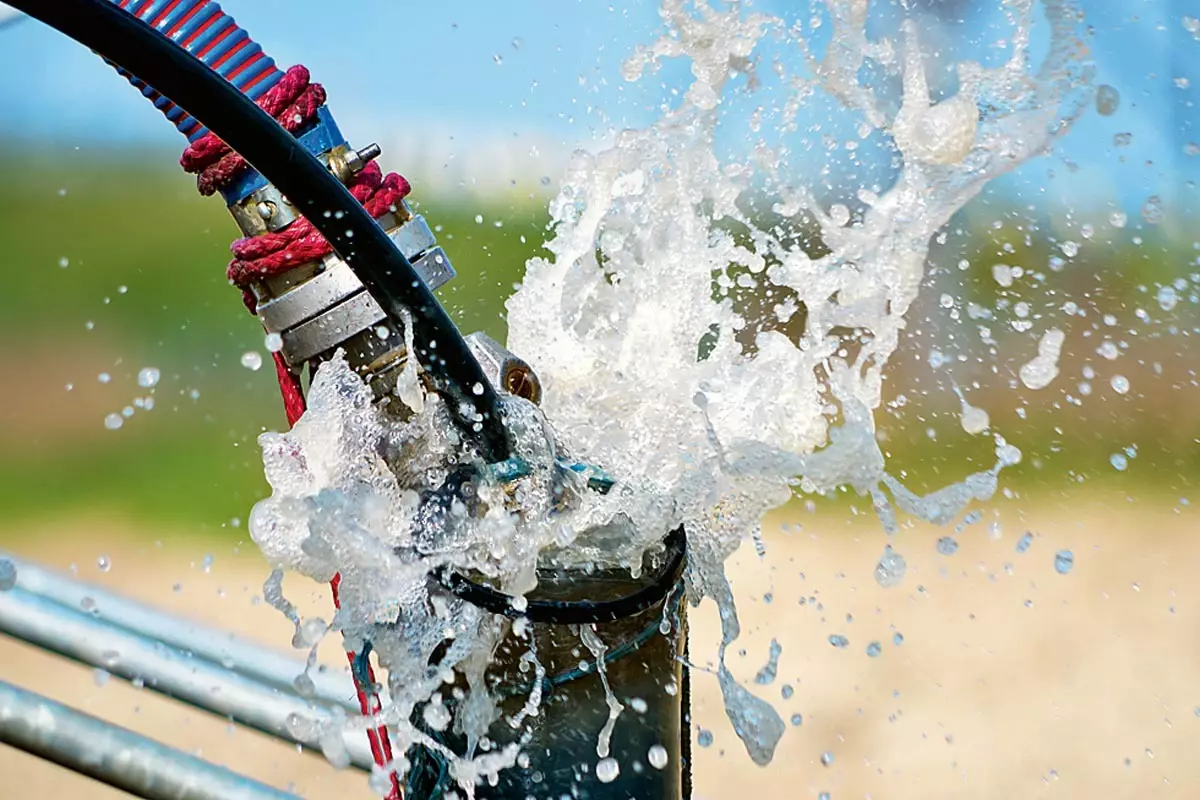
Photo: shutterstock / fotodom.ru
Types of water wells
Wells "Wells" - sources of a depth of up to 5 m, which are clogged to the thickness of the first aquifer (rigor) and are arranged so that water from the aquifer; The license is not needed for this. The disadvantage of this type of water intake is rapidly casing.
Sand "On Sand" which is clogged to a depth of 5-30 m (to the first interpalace aquifer), serve up to 15 years, because they depend on the seasonal fluctuation of groundwater, and therefore tend to contamination. Not required licenses.
Artesian "On Limestone" which are clogged to a depth of 20-1000 m and more, take water from the aquifer, lying between two waterproof layers (in limestone), are operated for a period of up to 50 years, almost not stipulated; necessarily subject to licensing.
Industrial , a depth of 300-1000 m and more and a diameter of up to 600 mm, created by a rotary method using a washing with a special clay solution; Also surely licensed.
